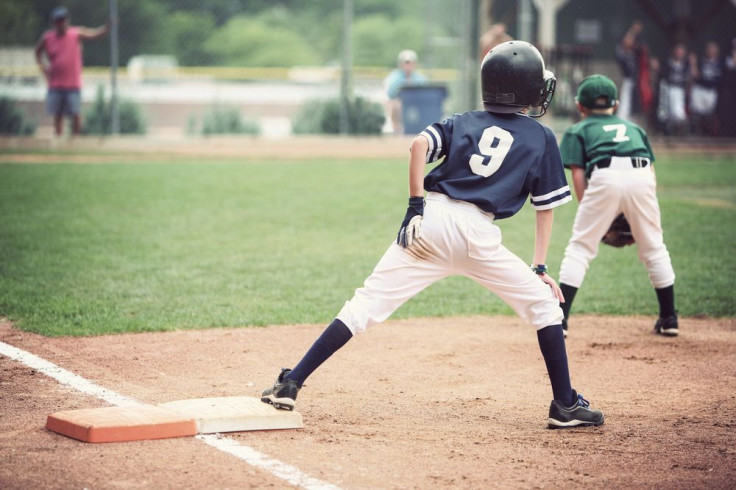Playing Sports Does This To Your Brain

We often forget that sports, which we consider (wrongly) a purely physical activity, is also good for our brain health. It's good to remember physical activity triggers brain chemicals that make us feel happier and more relaxed. It also reduces stress and tension while helping maintain a healthy weight. Now, who doesn't want that?
A new study from Northwestern University in Illinois details the brain benefits of sports and how it boosts other intangible traits such as leadership. For one, sports develop a person's better ability to focus in times of stress compared to the more unathletic types. Sportsmen might also have a quieter, healthier nervous system as a result, noted the study. This praiseworthy ability to filter out the din created by stress and confusion in a competitive sport while maintaining focus is one of the key benefits of playing sports, as per the study.
“We think there may be an ‘exercise effect’ on parts of the brain responsible for regulating attention, particularly the prefrontal cortex and dopamine channels,” Danielle Ransom, a pediatric neuropsychologist at Johns Hopkins All Children’s Hospital, noted. “The benefits don’t stop with attention. Studies have shown improved overall cognitive and academic performance in kids who play (sports or other physical activities) for 3 or more days per week for at least 20 minutes. There are mood and self-esteem boosting benefits to active play as well as important opportunities for social skill development in team sports.”
The study tested the theory that the ability to filter out the din and maintain focus are the key brain health benefits of playing sports. It hooked two groups of athletes and non-athletes to a device that delivered speech syllables through earbuds. Researchers then analyzed the participants’ brain activity relative to the level of background noise during each syllable.
They found that athletes overall had a stronger response to these sounds relative to the background noise.
“Think of background electrical noise in the brain like static on the radio,” Nina Kraus, senior study author and director of Northwestern's Auditory Neuroscience Laboratory, said. “There are two ways to hear the DJ better: minimize the static or boost the DJ’s voice. We found that athletes’ brains minimize the background ‘static’ to hear the ‘DJ’ better.”
The tests also found out athletes have varying levels of this noise filtering ability, and this ability is different from those possessed by other people skilled at singling out sounds such as musicians. It confirms athletes’ brains isolate sounds by filtering out the static. On the other hand, musicians and multilingual people’s brains succeed by turning up the proverbial volume.
What that difference comes down to are the ways in which disparate stimuli train the brain differently.
“The brain has a fixed capacity for attention but unlimited potential for how information is processed,” Shaheen Lakhan,vice president of research and development at The Learning Corp, makers of the cognitive therapy app Constant Therapy, told Healthline. “While playing sports, athletes are presented with a lot of stimuli and information that needs to be regulated through this attentional matrix, which forces their brain to prioritize what’s being processed and thereby increases their ability to focus.”
“Ultimately, sports make our brains more plastic,” Philippe Douyon, neurologist, author and founder of The Inle BrainFit Institute, added.



























